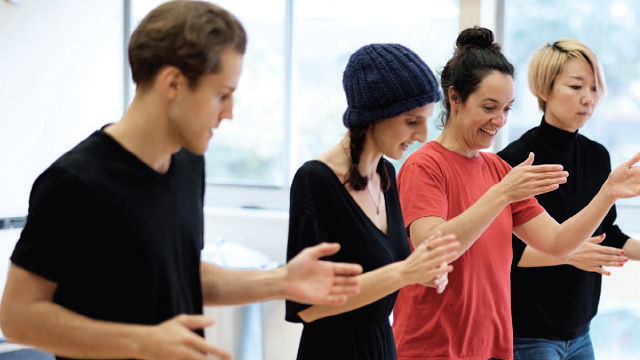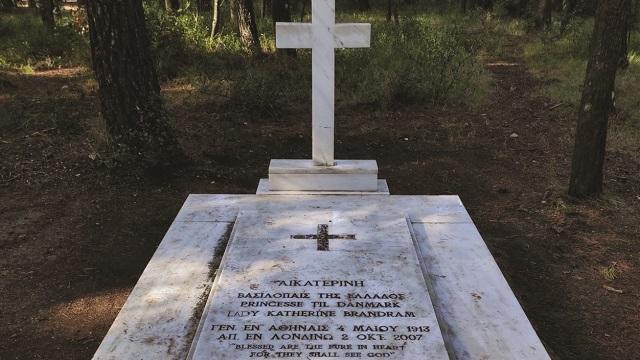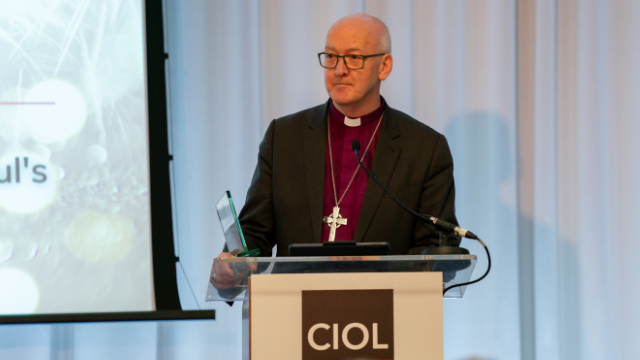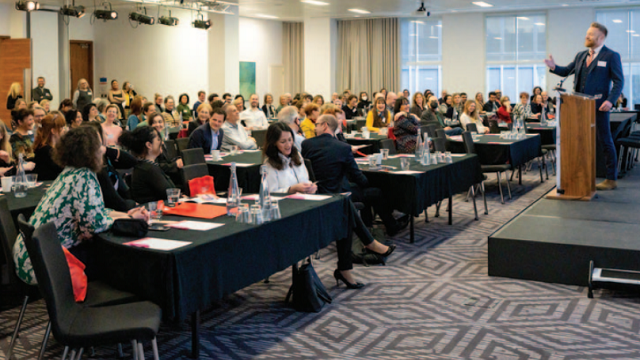-
QUALIFICATIONS
- For Linguists Worldwide
- For UK Public Services
- Preparation
- Policies & Regulation
-
MEMBERSHIP
- Join CIOL
- Professional Membership
- Affiliate Membership
- Chartered Linguist
- Already a member?
- Professional conduct
- Business & Corporate Partners
-
LANGUAGE ASSESSMENTS
- English
- All Other Languages
-
CPD & EVENTS
- Webinars & Events
- CIOL Conferences
- Networks
- CIOL Mentoring
-
NEWS & VOICES
- News & Voices
- CIOL eNews
- CIOL Awards
- The Linguist Magazine
- Jobs & Ads
-
RESOURCES
- For Translators & Interpreters
- For Universities & Students
- Standards & Norms
- CIOL & AI
- All Party Parliamentary Group
- In the UK
- UK Public Services
- Find-a-Linguist
When opportunity knocks
By Carina Balbo
How Carina Balbo put self-doubt aside and entered the field of linguistic validation
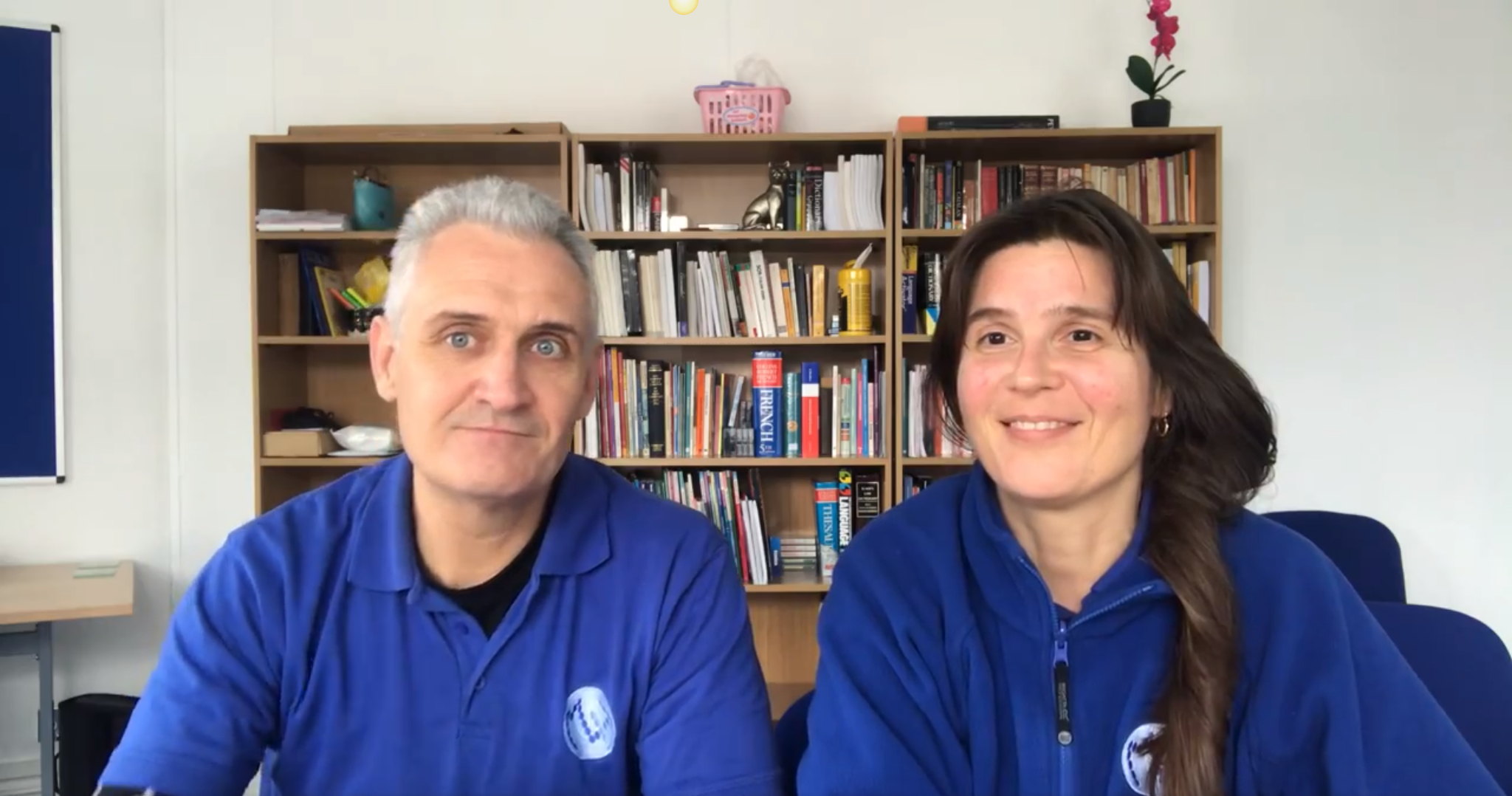 Tuesday 19 June 2012. I will never forget that day. Usually after a job interview you hope with every ounce of your being to get the position. But this time I did not feel so desperate. Instead, I had an inner feeling of ‘what will be, will be’. I checked my emails and saw one from a company with a special interest in patient-reported and clinical assessments for cross-cultural use. They were looking for a local project manager for linguistic validation projects into English – an activity that “would consist of coordinating projects in UK, including supervising translation work, recruiting translators and, for some projects, a small sample of patients or healthy subjects, and performing interviews.”
Tuesday 19 June 2012. I will never forget that day. Usually after a job interview you hope with every ounce of your being to get the position. But this time I did not feel so desperate. Instead, I had an inner feeling of ‘what will be, will be’. I checked my emails and saw one from a company with a special interest in patient-reported and clinical assessments for cross-cultural use. They were looking for a local project manager for linguistic validation projects into English – an activity that “would consist of coordinating projects in UK, including supervising translation work, recruiting translators and, for some projects, a small sample of patients or healthy subjects, and performing interviews.”
As I read, my eyes widened. It felt that, after years of trying, I was finally getting recognition. I doubted myself, but opted to take Richard Branson’s advice: “If somebody offers you an amazing opportunity but you are not sure you can do it, say yes – then learn how to do it later!” This is how I entered the world of linguistic validation (LV) eight years ago – a service still offered by My Language Hub, the company I co-founded with my husband, Hugh Ottewell.
But what is LV? It is a common process used in the medical and pharmaceutical industry. Have you ever been given a medical questionnaire to fill in at the doctor’s? Well, we work with these patient questionnaires (or ‘instruments’). Sometimes, they are designed and written in US English or translated into US English from another language. Many need to be used in the UK to give an accurate diagnosis or to prescribe the right medicine, so they have to be adapted to UK English. This is carried out by a native speaker.
Once the adaptation phase is finished, we need to ‘test’ the questionnaire among the population to ensure it makes sense to them. We need to select the participants carefully: they must be UK English native speakers from all walks of life and usually they should have the relevant condition. The lower their level of education, the better, to be certain the text is written in plain English. This stage is called cognitive debriefing. Sometimes, we need to contact clinicians to ensure the adaptation is accurate from a terminological standpoint.
Diversification is always fun, and we always learn new things, particularly within a medical sector that is constantly changing. Although we don’t ask respondents about their condition, some do talk about it, which is eye-opening. What makes the work enjoyable also makes it challenging. Recruiting respondents is not easy. Barriers include GDPR and people wanting to guard their privacy. It is also tricky to recruit clinicians. The rates need to be tempting enough to entice doctors to give up their time to do linguistic revision.
This experience has taught me that even if we doubt ourselves, when an opportunity knocks we have to take it. It can be the start of a new adventure that you can add to your portfolio of language services.
More
The Chartered Institute of Linguists (CIOL), Incorporated by Royal Charter, Registered in England and Wales Number RC 000808 and the IoL Educational Trust (IoLET), trading as CIOL Qualifications, Company limited by Guarantee, Registered in England and Wales Number 04297497 and Registered Charity Number 1090263. CIOL is a not-for-profit organisation.


